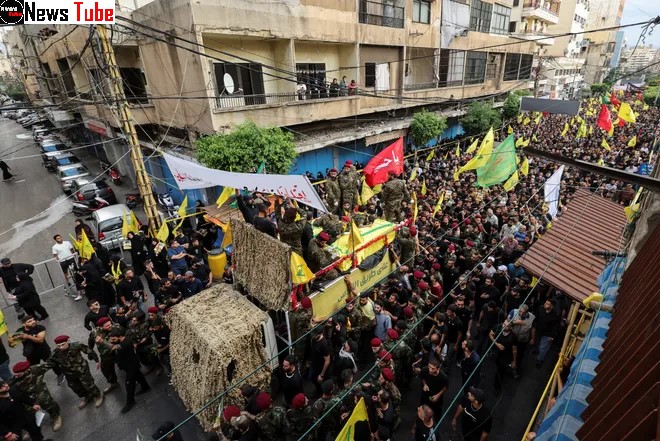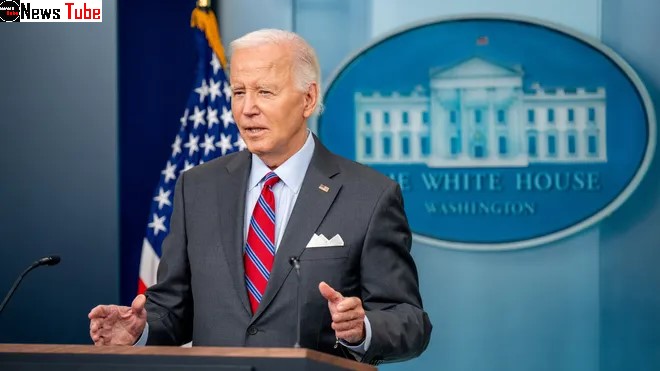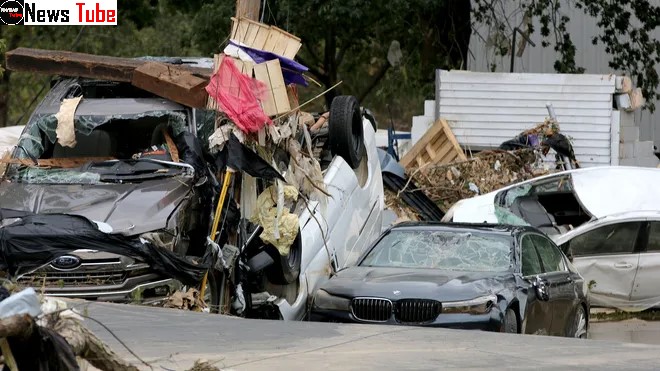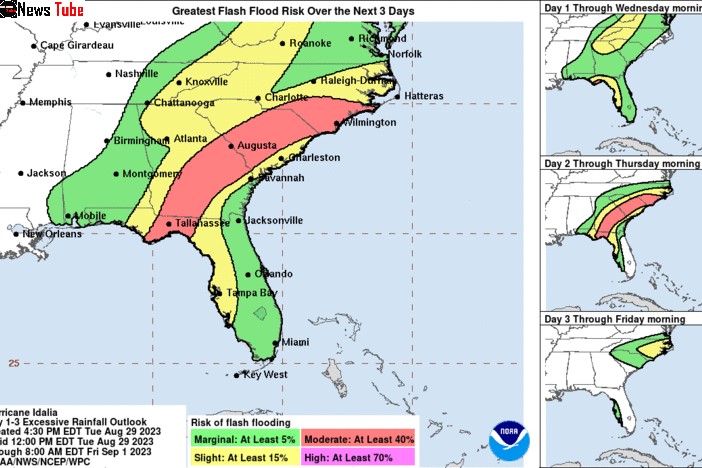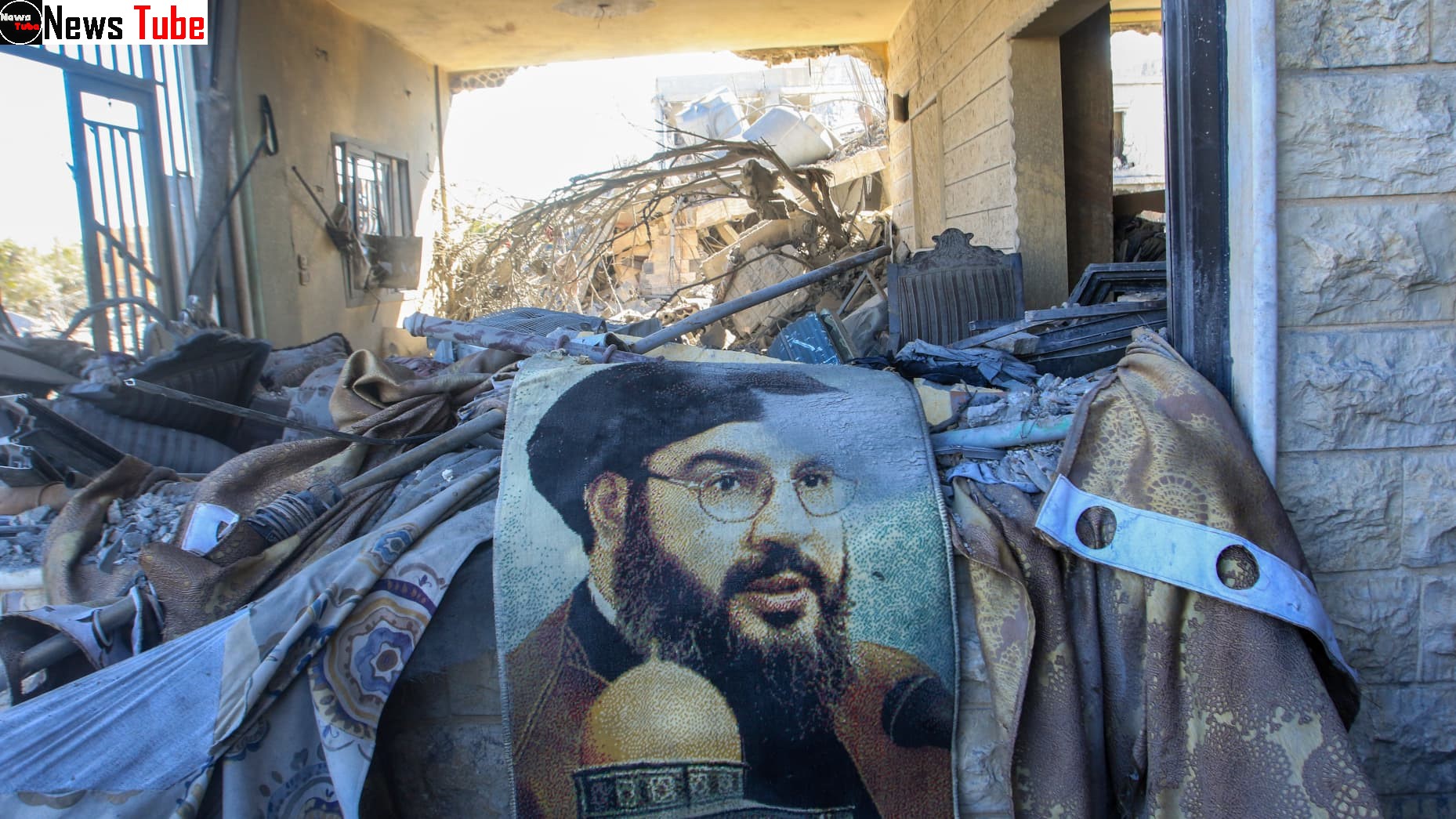
The sudden assassination of Hassan Nasrallah, leader of Hezbollah, in an Israeli airstrike, has sent shockwaves in the Middle East. This development now sets in concrete the new turn of events in the war between Israel and Hezbollah, without which no options for maintaining regional stability and international relations would have been left. Nasrallah, who had led Hezbollah for decades, was killed in a targeted airstrike Friday in Beirut, confirmed IDF.
Nasrallah’s Death and Immediate Impact
They had just released word of the successful killing of Hassan Nasrallah in a precision airstrike against Hezbollah’s Central Headquarters, which is located underground in Dahieh, Beirut. The building, situated beneath an apartment complex, had sustained a very strong blast that had taken out a crater more than 20 yards deep.
Hezbollah has confirmed Nasrallah’s demise, promising to continue fighting Israel, with the same vigor promising steadfast support for Gaza, Palestine, and Lebanon. His leadership had led Hezbollah to military and political dominance in south Lebanon independent of the Lebanese government.
The region readied for possible retaliation not only from Hezbollah but from its allies, including Iran and its proxies in Iraq, Syria, and Yemen. The power vacuum left by Nasrallah’s death has created instability in Hezbollah, which has been a key driver in the region, commanding tens of thousands of fighters with advanced weaponry supplied by Iran.
The Political and Military Consequences
The airstrike that killed Nasrallah has reshaped the political landscape of the Middle East. As one of the most influential figures in the region, the death of Nasrallah has been seen as a crippling blow to Hezbollah and a victory to Israel. This operation comes after a series of strikes by Israel’s military aimed at neutralizing Hezbollah militarily. These actions were aimed at reducing the menace presented by Hezbollah’s rocket fire into northern Israel, which had mounted over the preceding months to Nasrallah’s death.
So far, building on more than a year of intensified Hezbollah attacks against Israel, tensions had already been running high since the October 7 assault by Hamas. In retaliation, Israel has launched a relentless bombing campaign in Gaza, killing tens of thousands of Palestinians according to the Hamas-run health agencies.
The death of Nasrallah has further strained relations between Israel and Hezbollah’s patrons, primarily Iran. Nasrallah, being the leader of Hezbollah, held the greatest influence militarily and politically with Iran supplying the group with arms, money, and support. His death has created a void in the leadership which Hezbollah needs to urgently fill if it is not to lose its grip on the region.
Hezbollah’s Response and Future Prospects
Predictably enough, the reaction from Hezbollah has been swift; there are threats of unending resistance to Israel. While Hezbollah has lost the man that unified and galvanized them, the movement nevertheless remains one of the strongest forces in Lebanon, and revenge for the air attack is also likely to be perpetrated by the group. However, this terror organization will find it hard to regroup and attempt to cling to their military muscle after a number of their senior commanders were also killed during these recent Israeli strikes.
Moreover, Hezbollah is not a local player but part of the broader structure of the Iran-led “Axis of Resistance,” alongside Iranian-backed groups in Iraq, Syria, and Yemen that for years have sought to push back against Israeli and Western interests in the Middle East. Such groups might be provoked toward even more aggression by Nasrallah’s death, and thus an escalation of violence in the region.
The Role of Iran and U.S. Concerns
Iran has been incensed over Nasrallah’s death and accused Israel of using the U.S.-manufactured “bunker buster” bombs in the attack. This accusation deepened tensions between Iran and the U.S. as they have been trying to mediate a truce in the conflict. The U.S. fears that the death of Nasrallah may lead to a wider regional conflict by attacks of Iranian-backed militias against American and Israeli targets.
Iran has long supported Hezbollah as a vehicle for expanding its influence in the Middle East. Without Nasrallah, Iran’s hand might become even more apparent, as it moves to stabilize Hezbollah’s leadership and maintain its toehold in Lebanon.
A Blow to Hezbollah’s Morale and Command Structure
The death of Nasrallah would imply a huge blow to Hezbollah’s morale and operational command. Charismatic leadership and oratory skills turn him into an idol among the supporters of Hezbollah and have made him a dreaded opponent of its enemies. Nasrallah took the leadership mantle at Hezbollah in 1992 after Israeli forces killed Sayyed Abbas al-Musawi and has since led the group through multiple conflicts with Israel.
The leadership of Nasrallah was not without controversy. His decision to involve Hezbollah in the Syrian Civil War-in support of Bashar al-Assad’s regime-alienated many in the Middle East. The involvement of Hezbollah in the war, together with Iranian and Russian forces, helped Assad retain power but also tarnished the image of the group as a resistance movement; it incurred significant losses on the battlefield.
Recent Israeli attacks on the communication networks of Hezbollah, which killed at least three high-ranking commanders, in addition to Nasrallah’s leading military commander, Ali Karki, have further weakened the group’s capability. These deaths have decimated the top leaders of the organization, with Hezbollah struggling to reconstitute itself and reevaluate its posture in light of Nasrallah’s demise.
Regional Ramifications and the Path Forward
The death of Nasrallah has the potential to reshape the balance of power in the Middle East. The reorganization of Hezbollah will most likely guarantee that military activities by Israel are sustained in efforts toward weakening it further. At the same time, involvement in the conflict may be increased by Iran and its allies, with a possible wider regional war.
The U.S. has expressed concern about the escalating violence and the potential for a wider conflict. American officials have been engaged in diplomatic efforts to de-escalate tensions, but Nasrallah’s death may complicate these efforts.
Conclusion: The death of Hassan Nasrallah represents a turning point in the Israeli-Hezbollah conflict. The loss of its long-time leader and a number of senior commanders has undoubtedly weakened the Lebanese-based militant organization Hezbollah, which has vowed to continue its fight. What the future holds for it is not certain; it will have to reorganize to maintain some sort of its previous influence. The region, already fraught with conflict, may see further instability as Iran, Israel, and other regional players adjust to the new reality.


